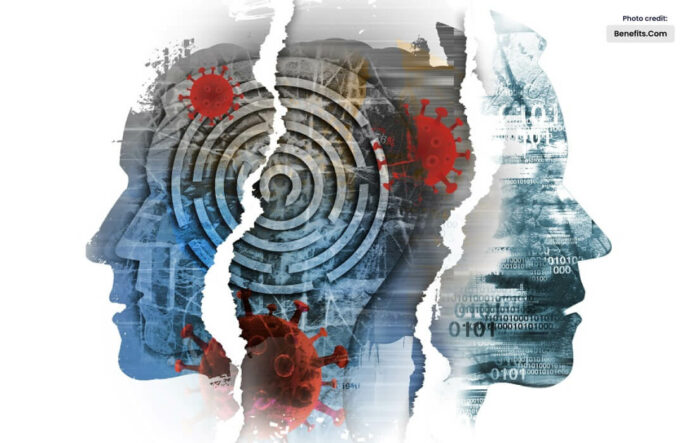Mental health poses a significant concern in Pakistan, other regions.
Cultural norms, socioeconomic status, and accessibility to mental health care are some of the variables that impact Pakistan mental health.
We will organize the important facets of mental health in Pakistan under the following headings to help you better understand them:
Conflict and Trauma
Significant political and social unrest, as well as acts of terrorism and natural calamities, have occurred in Pakistan. A higher frequency of mental health issues among the impacted populations may result from such occurrences.
Socioeconomic Difficulties
These consist of lack of education, unemployment, and poverty. They are a major contributor to the development of mental health issues and produce high levels of stress. Pakistan’s mental health issue is made worse by the country’s greater stress levels and resource scarcity.
Cultural Aspects
They have a big impact on mental wellness. Family and community are highly valued in Pakistan’s collectivist culture, which can provide families of patients with mental health issues with both support and pressure.
The understanding and management of mental health issues may also be influenced by a variety of cultural and traditional practices and beliefs.
Additionally, due to cultural influences, patients use various terminology to explain their symptoms; yet, because this problem defies existing classification schemes, the state of medical knowledge has not been able to solve it.
Restricted Mental Health Service Access
There is a shortage of mental health specialists in Pakistan, such as social workers, psychologists, and psychiatrists. Mental health services are not widely accessible. Compared to neighboring nations, the population to psychiatrist ratio is halved.
Since most mental health experts work in large cities, the situation is worse in rural places. It is doubtful whether Pakistan’s population’s requirements can be met by the current mental health system.
Absence of Knowledge
In Pakistan, there is a common lack of knowledge and comprehension regarding mental health issues.
Many people may have misconceptions about mental disease and be unable to identify the telltale signs and symptoms of mental disorders.
More people attribute mental anguish to the evil eye, possession, sorcery, and Jinnic influence.
Thus, they go to a conventional faith healer, who typically provides therapy in the form of an amulet, holy water, recital of sacred texts, ceremonies, etc.
In Pakistan, the vast majority of mental health patients seek treatment from quacks and religion healers.
Stigma
In Pakistan, mental health problems are frequently associated with a significant stigma that makes people feel stigmatized, discriminated against, and socially ostracized.
People with mental illnesses are reluctant to seek help because they fear stigma, which can lead to poor and delayed treatment.
As a result, chronicity and treatment resistance may arise, making it more difficult for people to get timely and effective mental health care.
Pakistan’s mental health has been the target of numerous initiatives:
Non-Governmental Organizations (NGOs)
NGOs in Pakistan offer counseling, support, and mental health services to vulnerable groups, such as women, children, and victims of abuse.
Instruction & Training
More mental health practitioners are being trained, and medical and healthcare curricula are include mental health education.
State-sponsored Projects
Pakistan’s government has launched initiatives to address mental health since it understands its relevance. Nonetheless, problems with financing and resource distribution continue to exist.
Awareness and Advocacy
Organizations dedicated to mental health advocacy strive to dispel stigma and increase public knowledge of mental health concerns. Their goals are to raise public awareness of mental health issues and to educate the public.
Also read this: Are we Really Striving for Peace and Security in the World?




